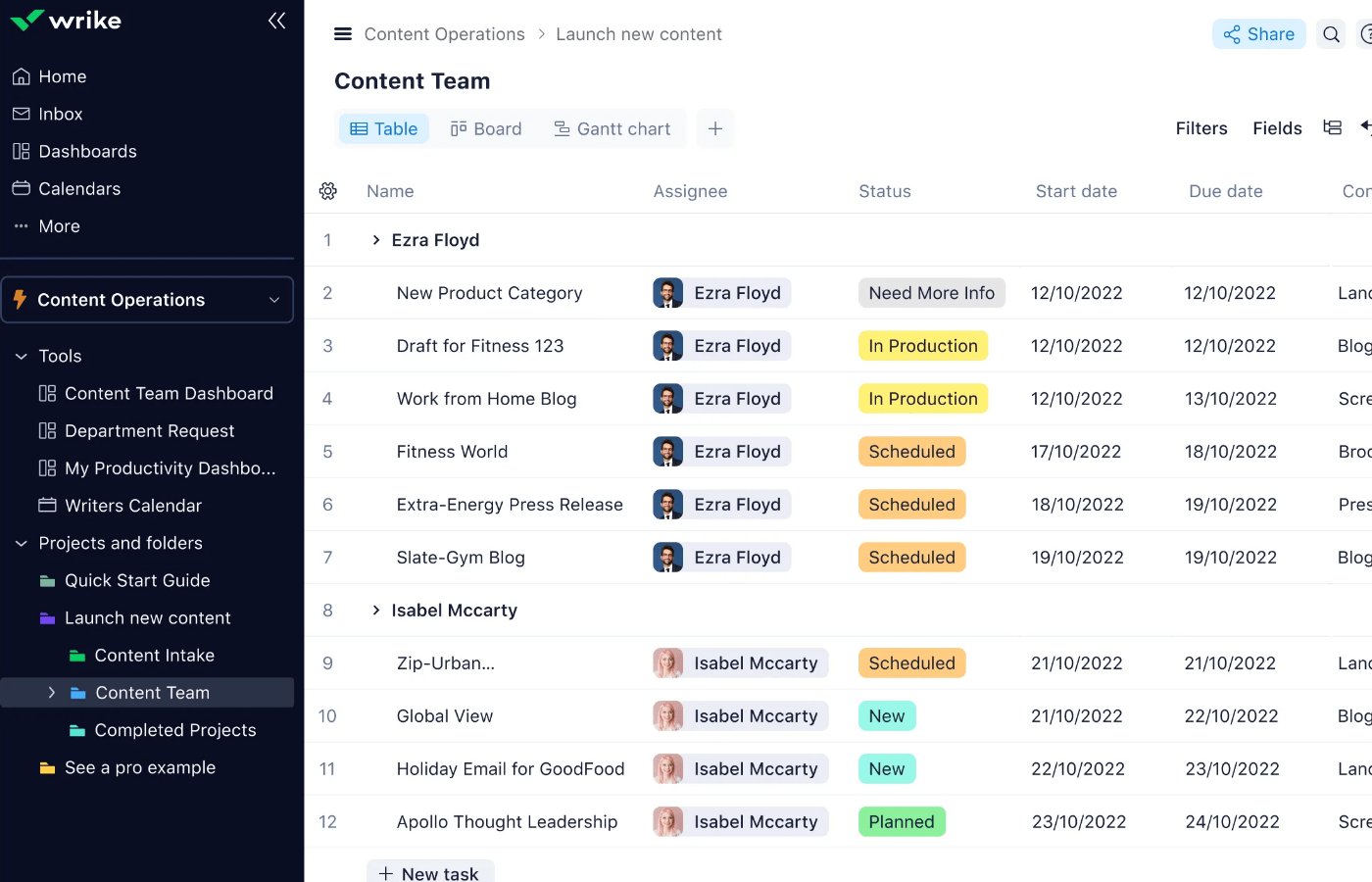
Surprising Ways Daylight Saving Time Can Affect Your Mental and Physical Health
Daylight saving time can be divisive, but 62% of US adults would like to stop changing their clocks twice per year, according to a 2023 YouGov survey. When it comes to choosing a fixed time, there is no clear majority: 50% would like permanent daylight saving time, 31% want permanent standard time, 12% have no preference and 7% are not sure of their answer.
First suggested by Benjamin Franklin, daylight saving time refers to the practice of moving clocks ahead one hour during the spring months (usually March or April) and moving clocks back one hour in the fall. The purpose behind this was to grant one extra hour of daylight in the evening of summer months, while also extending the same courtesy during winter mornings. In turn, people could save more energy by using the sun's light.
Undergoing these changes can have significant impacts on our health. John Hopkins notes that during daylight saving time, people experience more stress, increasing traffic fatalities, hospital admissions for severe health impacts like strokes and heart attacks, and much more.
Our guide delves into how daylight saving time impacts your body, from a mental and physical perspective. We'll also cover how it affects your physical activity and ways to prepare your body for it.
Impact of DST on mental health
One of the biggest impacts of DST is a lack of sleep, particularly when you spring ahead. When your body doesn't receive enough sleep, it impacts the frontal lobe of your brain. Think of your frontal lobe as your best friend who doesn't let you act out on impulses. Well, when you don't sleep well or receive enough of it, it impacts your frontal lobe's ability to make sound decisions. As such, you're more prone to make impulse decisions.
Meanwhile, when you fall back in the later months of the year, your body doesn't receive as much sunlight. When this happens, your body fails to produce enough serotonin -- a mood-boosting chemical. In turn, you feel your energy sapped and you might be more susceptible to mood swings, which could put you at risk for depression. AARP found that once people set back their clocks in the fall, there was an 11% increase in depression.
Oleg Breslavtsev/Getty Images
Physical health impacts of DST
Along with mental health, there's ample evidence suggesting that DST impacts our bodies physically as well. Let's start with your sleep cycle. In the spring, when you adjust your clocks ahead one hour, it can throw off your body's internal clock because you go to bed later and wake up sooner than usual. This doesn't go away on its own. This can last as long as daylight saving time does.
Changes in hormone regulation
This disruption in rhythm can manifest itself in other ways. When you change the clock for DST, it impacts your body's ability to rhythmically produce melatonin. The reason for this is your body is used to producing melatonin when it becomes dark outside. If you have an earlier bedtime, but it's still light out when you go to bed, it can impact your body's ability to produce it. When your body doesn't produce enough melatonin, it leads to other health issues such as sleep disorders, mood swings, increased anxiety and elevated estrogen and progesterone ratios.
Increased risk of heart-related issues
Because you're sleeping less due to DST, it isn't uncommon to see a spike in heart-related issues right after the clock changes. Research has found there's an increase in heart attacks and strokes for the first two weeks after the clock changes, with the highest risk being the first three weekdays after the switch. Since your body doesn't sleep as much, it produces more stress. In addition, because DST disrupts circadian rhythms, it can increase heart rate, blood pressure and the production of the stress hormone cortisol. The great news is that after the first two weeks of the time change, there's less of a risk of incurring heart-related issues like strokes or heart attacks.
Impact on metabolism and weight regulation
DST can also slow metabolism and produce hunger hormones like leptin and ghrelin. The production of hunger hormones happens when your body doesn't receive adequate sleep -- think seven to nine hours per night. These hormones don't direct you to the produce aisle of your grocery store either. It can trigger high-calorie cravings which can impede weight regulation.
Effects of DST on daily activities and productivity
Because your body might have trouble adjusting to DST, it isn't surprising to find you might experience a dip in efficiency while going through it. This is due to a lack of sleep as DST throws off your body's internal clock. In turn, Entrepreneur found increased incidents of cyberloafing the Monday following daylight saving time. Because you're tired, your body spends more time focused on low-activity things such as web surfing.
boonchai wedmakawand/Getty Images
Impact on exercise routines and physical activity levels
DST also impacts physical activities as well. Because you might experience more fatigue from a lack of sleep, you're less inclined to take up more physically demanding exercises, which can improve your physical and mental health. Also, because your body might be sleep-deprived, it can produce higher levels of cortisol -- the stress hormone. High cortisol levels can result in rapid weight gain, muscle weakness and higher blood pressure.
Changes in social interactions and relationships
The Wall Street Journal found that DST can also impact our relationships negatively. Think about when you haven't had enough sleep: you're usually more irritable, quick to react and don't listen to the people. This creates a tense situation, where you can engage in more arguments with loved ones, colleagues and friends.
Even worse, you might draw back together. When you're tired, you're less likely to engage in social events since you're already exhausted, and the mere thought of attending them causes more stress.
Impact of DST on vulnerable populations
Children and teens
There are certain age groups that DST impacts more than most. Let's start with children and adolescents. Since kids must attend school early, it can result in many experiencing sleep deprivation issues when you spring clocks forward. Their bodies aren't accustomed to it being lighter close to their bed time. As such, they might not fall asleep when they should. When they don't receive adequate sleep, they experience grogginess, increased mood swings and an inability to concentrate.
Meanwhile, in the fall, they also don't receive enough sunlight since they're in school for most of the day. This leads to a decrease in serotonin, making kids and adolescents more susceptible to depression.
Chinnapong/Getty Images
Older adults
Similar to kids, older adults also experience sleep disruption issues due to DST. Because of this, it's important to refrain from driving when sleep deprived because your body's frontal lobe won't process information fast enough, resulting in impulse decisions that can increase the risk of traffic accidents. On top of this, it's also important to adhere to meal and medication times. As people become older, they might become more confused on what time it is based on the changing environment outdoors.
Individuals with pre-existing health conditions
Daylight saving time can exacerbate pre-existing health conditions by elevating risk factors. To demonstrate, if you have higher blood pressure, DST can impact your sleep quality. Over time, this can elevate heart rate and raise your blood pressure even more, making you more at risk for stroke. That's why if you have an underlying health condition it's vital to consult with your physician on ways to mitigate DST's impacts.
Tips for preparing for DST
Let's start with when is daylight saving 2024. It begins on Sunday, March 10, 2024, at 2 a.m. and it ends on Sunday, Nov. 3, 2024, at 2 a.m. Knowing this information ahead of time can help you take steps to prepare your body for the changes it's going to face.






